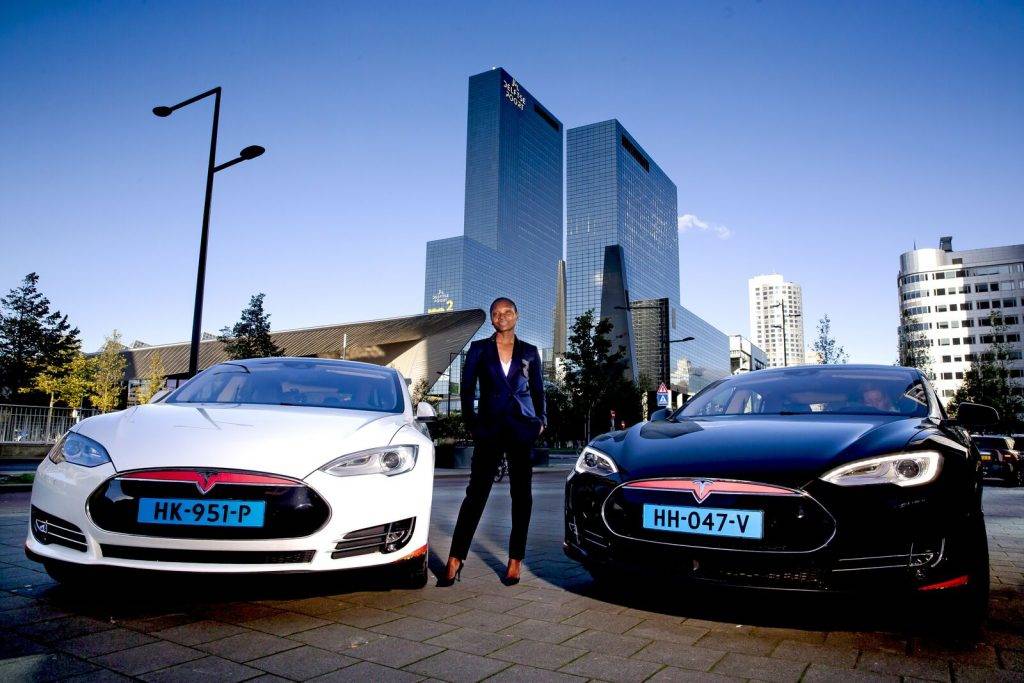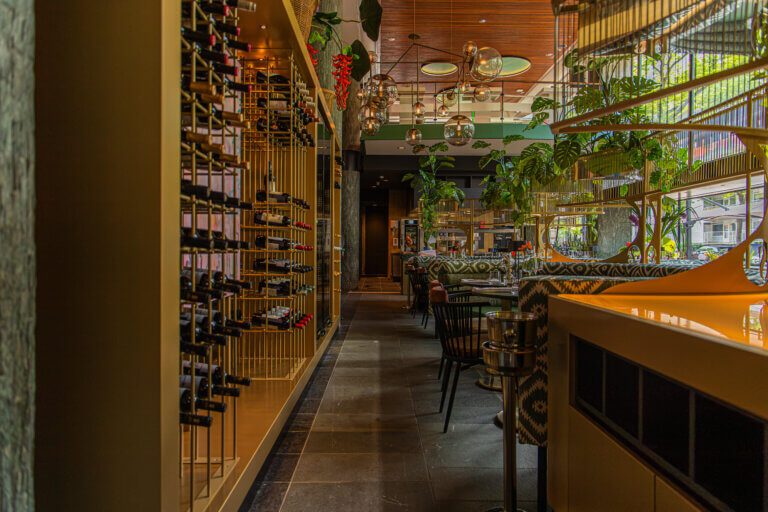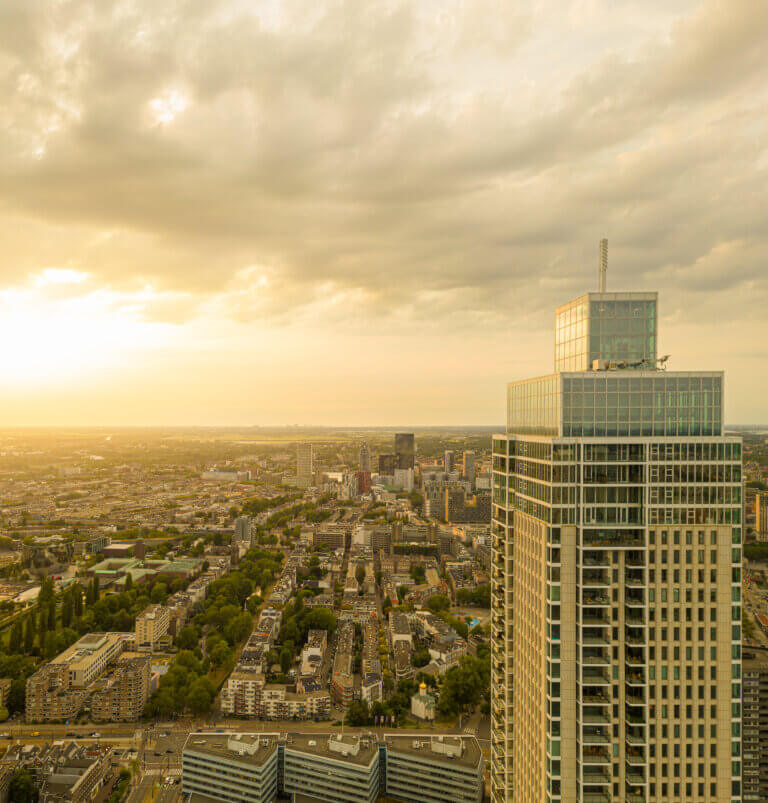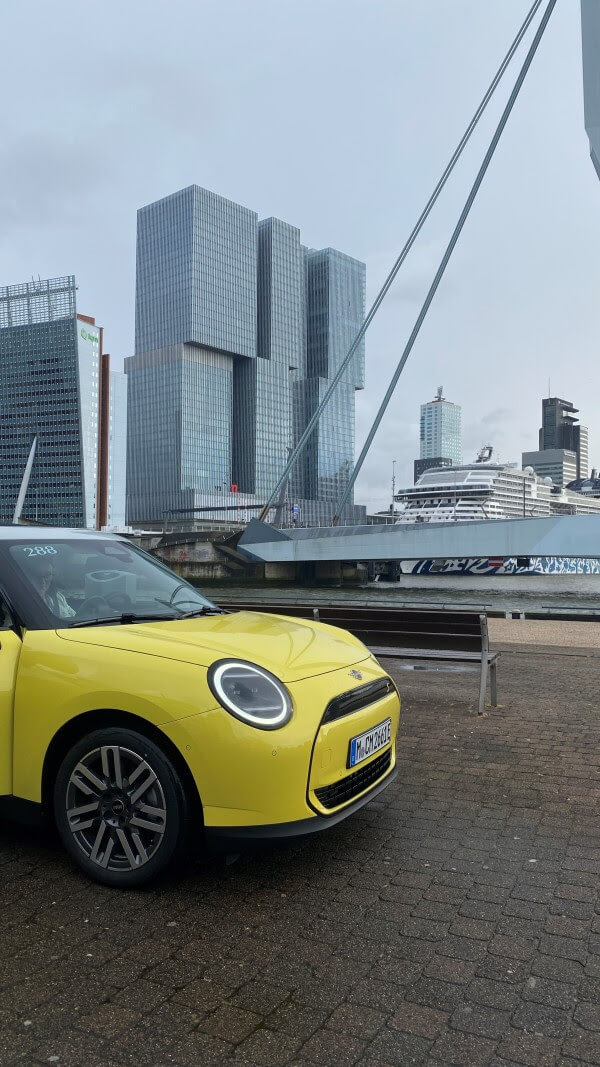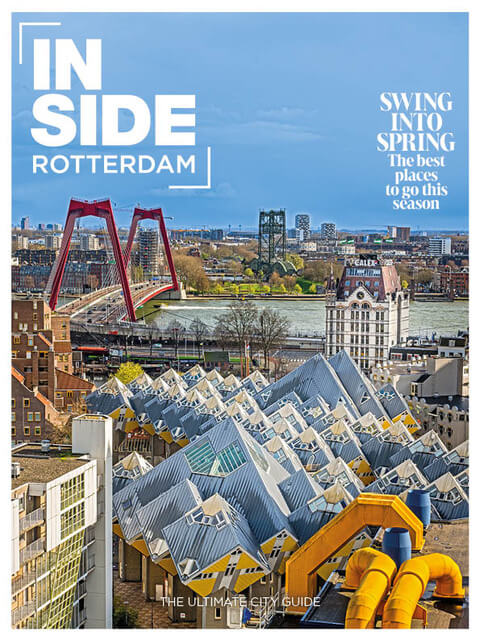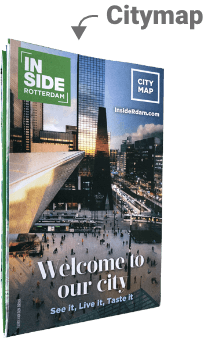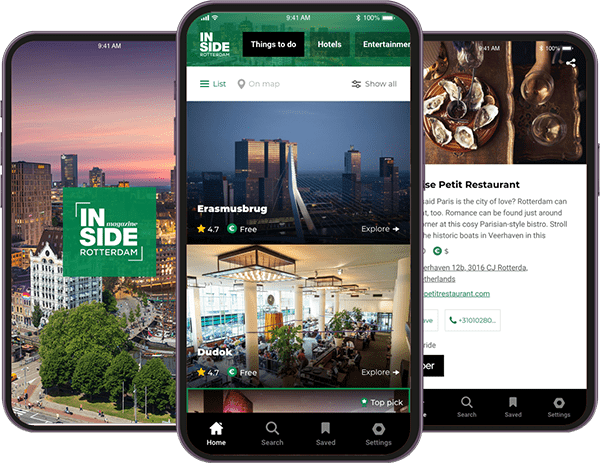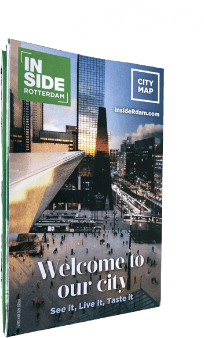Aimed at empowering mothers, Mama Taxi gives women returning to the workforce the chance to drive a zero emission taxi fleet for the corporate market. Zizi Fernandes is the positive force behind the company.
Mama Taxi has been in business for three years now, and the concept, a taxi company driven by women who are returning to the workforce, has already proven successful. How did Mama Taxi come about?
“I’d been working as a private banker for many years here i
n Rotterdam, and I had always made my job more interesting through embracing social projects. My clients
and I started initiatives with which they could give back to society. I’d been to South Africa many times; not only did I write my thesis there, but I was also involved with
the South African Chamber of Commerce. While there, I was always impressed with how women gave their all to create a better future for their children. The idea for Mama Taxi originated there. I thought: if I’m ever to start a project
of my own, it would be aimed at empowering women. I’m impressed with their energy, their hope, and above all, their tireless desire to power through, no matter what.”
In 2013, I pitched Mama Taxi to a contest called ‘Best idea for South Africa’, and my idea won. But I was working in Rotterdam, where I feel at home. Eventually, I found
an investor here, and together we decided to use Rotterdam as a testing ground. If Mama Taxi would become a success here, we could roll it out to other countries, tweaking it to suit the specific context. We gathered a group of women together who were eager to work and trained them through our educational programme ‘Driving Your Own Future’. This encompasses everything from driving skills to etiquette to
self defence, so that they would be fully prepared to become a corporate chauffeur.”
Was there a need for such a project in Rotterdam?
“Initially, I wondered if a prosperous country like the Netherlands would need a project like ours. But if you look closer, you see that a city such as Rotterdam has its specific problems as well. There are many people on welfare, and women especially struggle to get back into the job market, whether they are teenage mothers without proper qualifications or women who haven’t worked in years. Wh
y not offer them an education and a suitable job? Our project is certainly unconventional. It would be easier to give them a job working in a kitchen. It’s uncommon to see female taxi drivers, but we discovered that women actually really enjoyed the profession. Our mamas come from diverse backgrounds and have different nationalities. That’s what we’re aiming for. We want to see the diversity of Rotterdam reflected in our staff. We have eight mamas working for us now, driving our electric Teslas. These ladies are the face of our business.”
How is it different for a woman to work for Mama Taxi compared to working for any other taxi company?
“Many of our drivers work part time, combining motherhood with a job. We operate in the corporate market, so we can often schedule rides well ahead of time, enabling our mamas to plan their work. We often rely on their families to look after the children as well. Our grandmothers are so important. That brings me to the name of our company: Mama Taxi is named after my late g
randmother who was an inspirational figure in my life. A strong woman who raised her kids alone, always hopeful towards the future, and a source of positivity. I hope to be that force in our company.”
